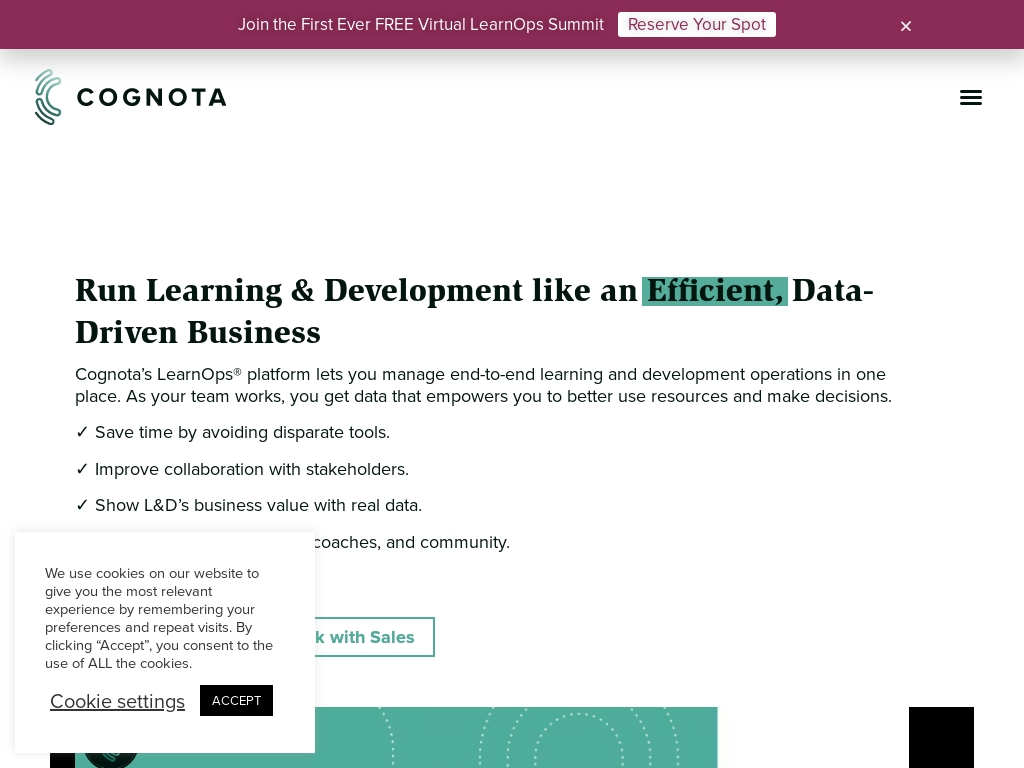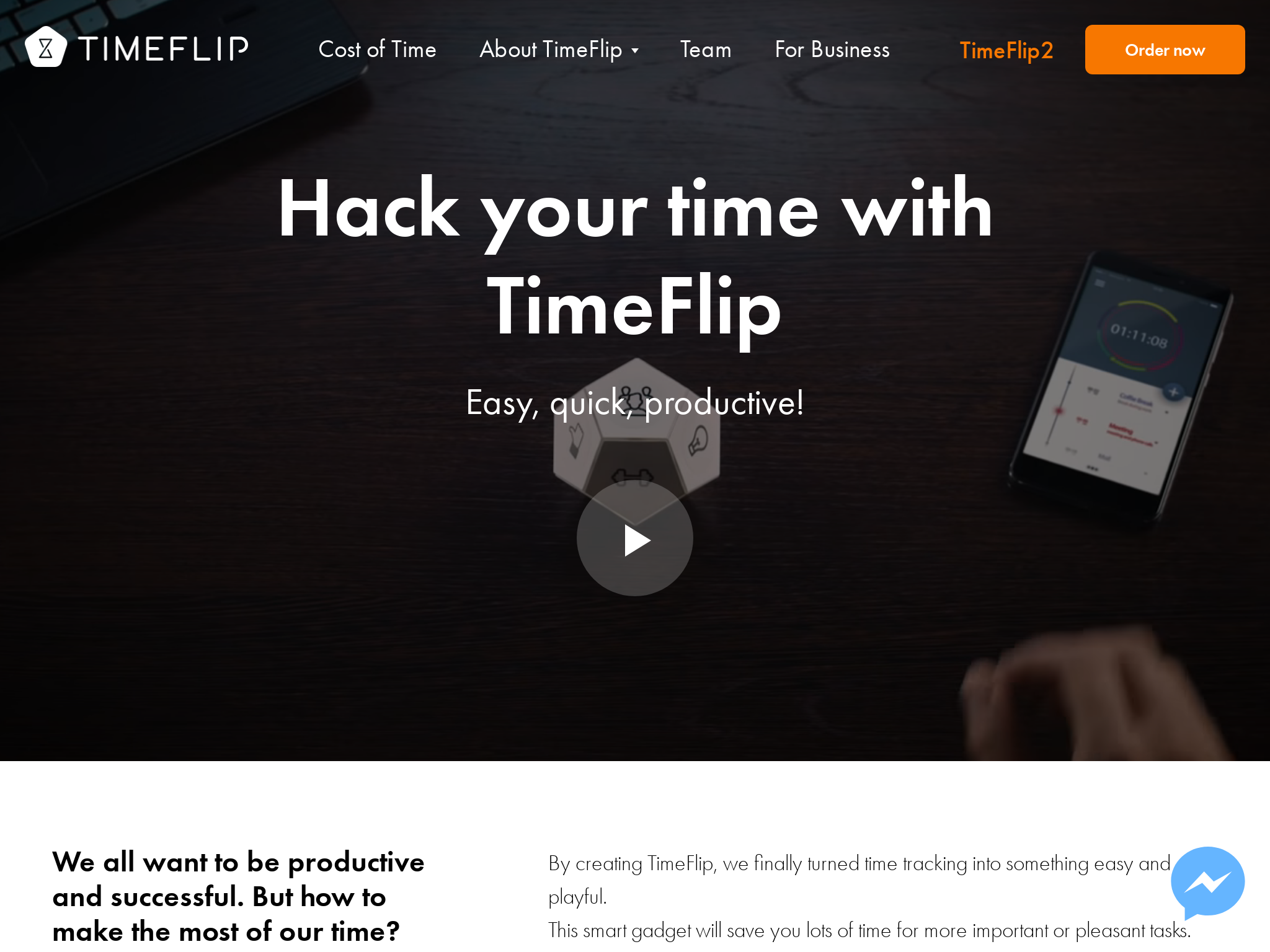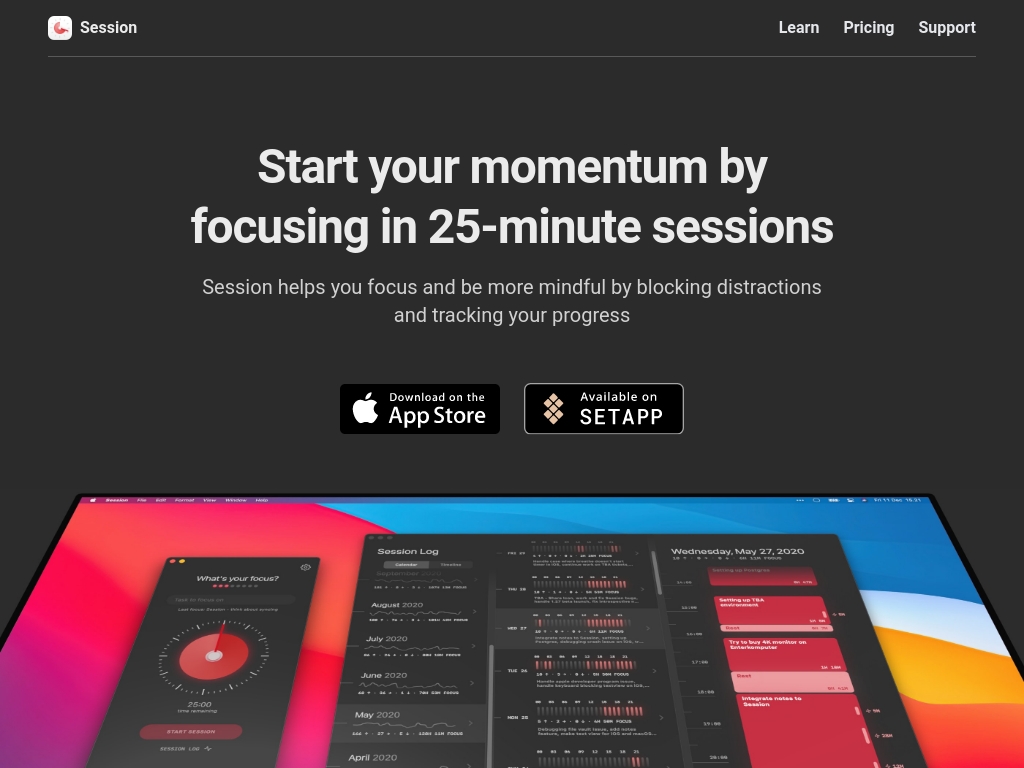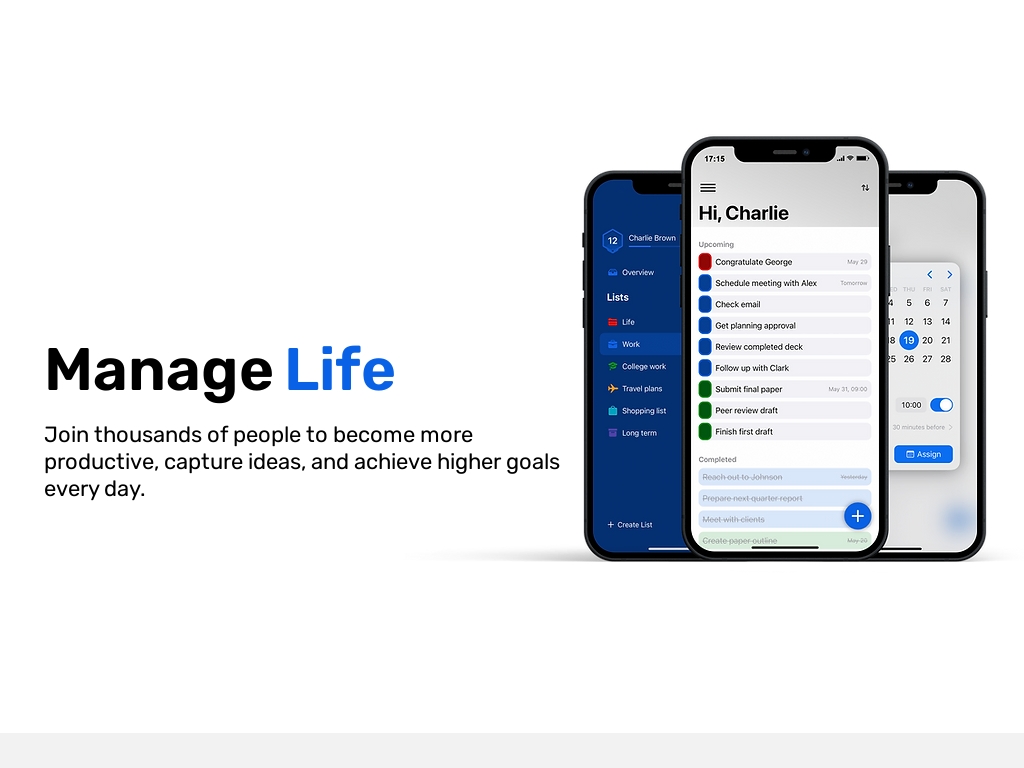
4 Workplace Productivity Platform Success Stories [2026]
A workplace productivity platform is like a digital toolkit that helps teams work together better.
These platforms typically include tools for communication, project management, and sharing documents.
As more people work remotely, there's a growing need for a simple and efficient way for teams to collaborate and get things done.
In this list, you'll find real-world workplace productivity platform success stories and very profitable examples of starting a workplace productivity platform that makes money.
1. Cognota ($6M/year)
Ryan Austin's lightbulb moment came when he realized that corporate L&D teams manage a staggering $320 billion in spending without a dedicated operating system, leading him to create Cognota to streamline their workflows and improve productivity.
How much money it makes: $6M/year
How much did it cost to start: $500K
How many people on the team: 40


Cognota is a learning technology company that has developed an operating system specifically for corporate learning and development (L&D) teams, streamlining their workflows and providing valuable insights for increased productivity. Despite facing challenges and taking longer than expected to launch, the company has experienced steady revenue growth and customer satisfaction, positioning itself as a leader in the industry.




2. TIMEFLIP ($600K/year)
In the Summer of 2016, Pavel Cheshev and his partner Dmitry launched TimeFlip, an IoT solution for personal time management and productivity control. After experiencing the fragmented market of time tracking software, they were inspired to create a "physical" solution that would be easy to use and adapt to. With over 5,000 units sold to date and plans to expand into major retailers like Walmart and Best Buy, TimeFlip has proven to be a simple and user-friendly tool for tracking time.
How much money it makes: $600K/year
How much did it cost to start: $130K
How many people on the team: 5


TimeFlip, an IoT device that assists with personal time management and productivity control, has sold over 5,000 units globally, with half of the sales coming from North America, and has plans to expand into Walmart, Best Buy, and Home Depot in the near future.




3. Session ($100K/year)
Philip, a designer and developer based in Jakarta, came up with the idea for Session after experiencing frustration with slow handoffs between design and development at a startup he worked for. As a solution to his own problem of staying focused, he created an app that helps users block distracting websites and track their work time. Session has since gained popularity, making $5.8K per month in revenue as of May 2021.
How much money it makes: $100K/year
How much did it cost to start: $120
How many people on the team: 0


Learn how a designer and developer from Indonesia created Session, an app that helps people stay focused by blocking distractions, which currently makes $5.8K per month in revenue through its freemium business model.




4. Finale To Do ($48K/year)
Grant Oganyan, founder of Finale To Do, came up with the idea after struggling to find a task management app that suited his needs. Inspired by his success with his first app, Finale: Daily Habit Tracker, Grant wanted to create a customizable and aesthetically pleasing task management app without the need for monthly subscriptions. After experiencing displacement due to the war in Russia, Grant fully invested himself in running his own business and has seen promising growth, with a 500% increase in users in the first month and monthly revenue of $4,000.
How much money it makes: $48K/year
How much did it cost to start: $0
How many people on the team: 2


Finale To Do is a mobile task management app that offers a highly customizable and aesthetically pleasing experience, boasting a $4,000/month net and gaining a 500% increase in users in its first month.





Download the report and join our email newsletter packed with business ideas and money-making opportunities, backed by real-life case studies.

Download the report and join our email newsletter packed with business ideas and money-making opportunities, backed by real-life case studies.

Download the report and join our email newsletter packed with business ideas and money-making opportunities, backed by real-life case studies.

Download the report and join our email newsletter packed with business ideas and money-making opportunities, backed by real-life case studies.

Download the report and join our email newsletter packed with business ideas and money-making opportunities, backed by real-life case studies.

Download the report and join our email newsletter packed with business ideas and money-making opportunities, backed by real-life case studies.

Download the report and join our email newsletter packed with business ideas and money-making opportunities, backed by real-life case studies.

Download the report and join our email newsletter packed with business ideas and money-making opportunities, backed by real-life case studies.














